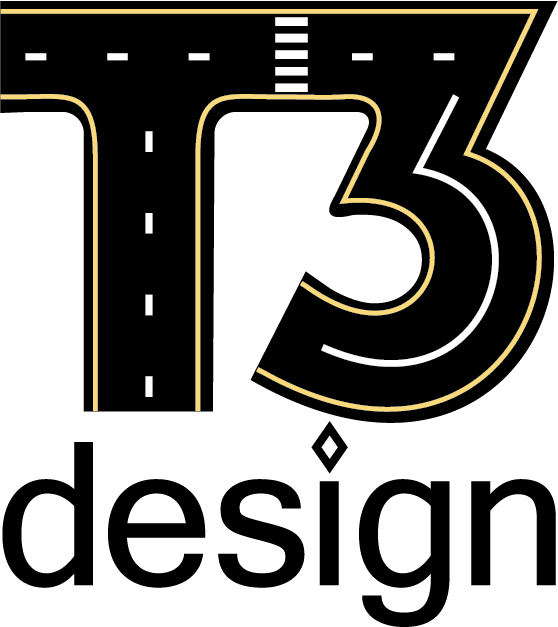Freeway Incident Transportation Management (FITM) Plan Development
T3 was responsible for developing FITM plans for various MDTA facilities. Under this task, continued work on the Authority’s program to prepare emergency response plans that can be used as off-the-shelf plans when roadway closures are required. T3 conducted site visits to collect existing conditions and to identify primary and secondary detour routes for corridors in Baltimore.
For each roadway closure point, T3 looked at potential detour routes for the preceding exit to the next following freeway exit point. They prepared GIS maps for the detour routes identifying truck restrictions, vehicle height limitations, fire and hospital routes, critical signalized intersections, ramp closures, and locations of DMS signs along each route. They developed lane closure maps for each interchange, and prepared detailed detour route directions with signing. They also prepared DMS sign message sets to be deployed during detour conditions to inform the driving public.
Triennial Traffic Data Collection Program
This task involved engineering services to provide Traffic Data Collection services along John F. Kennedy Memorial Highway (JFK) and Electronic Toll Lanes (ETL) (I-95), and the Thomas Jefferson Highway (US 40).
A second individual traffic data collection program assignment involved MD 695 (Baltimore Beltway/Francis Scott Key Bridge), US 301 (Crain Highway/Harry W. Nice Bridge), US 50 (Blue Star Memorial Highway/Bay Bridge) and MD 200 (Intercounty Connector).
T3 was responsible for providing traffic data collection at about 100 mainline and ramp locations, as well as 25 intersections, processing and balancing the data, and developing volume diagrams for each facility.
The scope of work was itemized as follows:
Perform 7-day classification counts using FHWA 13-vehicle classification categories along mainlines and at entrance and exit ramp roadways
Perform 48-hour volume and classification counts on bridges
Collect 13-hour turning movement counts (TMC) at intersection locations, with itemized u-turn and pedestrian movement counts
Develop Traffic Volume Diagrams to illustrate compiled data with network line diagrams using MicroStation
Prepare final spreadsheet deliverables of all count data in SHA-HISD format
Miscellaneous Traffic Design and Analysis Services
This open-ended task included traffic engineering services in support of the various MDTA projects and initiatives on an as-needed basis:
Review of project plans, shop drawings and MOT plans for individual work assignments
Development of traffic design and maintenance of traffic plans
Conduct field reviews and investigation of all MDTA facilities to identify improvement requirements
Develop plans for signing, maintenance of traffic, lighting, signals, and ITS
Develop cost estimates and specifications
Coordinate field changes and construction phase services
Traffic analysis support
Review of Traffic Design and Analyses
This task involved engineering services to review various project plans and analyses submitted to the Authority by others:
Maintenance of Traffic (MOT) plans
Pavement marking and signing plans
Transportation Management Plans (TMP)
Engineering cost estimates
Detour plans
Traffic impact studies
Attend review meetings as needed to further explain and/or address any comments provided by T3.
On-Site Staff Augmentation
T3 has overseen on-site support tasks using subconsultants to cover shorter-term staffing losses by MDTA for periods up to eight months at a time. Consultant personnel provided traffic engineering expertise and administrative oversight on an as-needed schedule of three to five days per week, coving multiple staff positions of varying experience levels.
